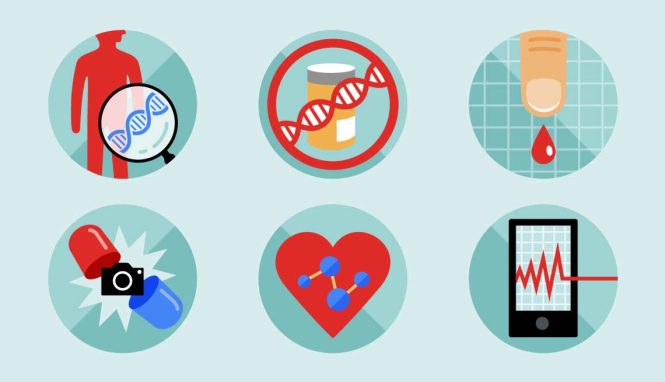
As clinicians, we spend a significant amount of our time attempting to diagnose what is ailing those we treat. And we have an armament of tests to select from and an extensive list of differential diagnoses, ranging from the probable, to the extremely rare yet, potentially fatal.
Understanding the effectiveness of our diagnostic tests is important from multiple perspectives. Undeniably, we desire to assure those we treat that a result will alter their outcome. Therefore, this requires the test to be accurate, provide actionable information, or have clinical utility. This latter component is an intriguing point within a consumer-focused approach to care.
So, is it sensible to diagnose an untreatable situation that would not alter a clinical outcome? The value in this situation is debatable. The equation completely changes based on the value of the information to the patient. Will they adjust their life based on the answer or will it ease their mind, body, or spirit?
As clinicians, we frequently layer in our biases in our decision process and thus proceed as such. But perhaps there is a better approach, conversing over these matters before journeying down any particular path. Undoubtedly, this requires time and energy; however, the entire point of a diagnosis is to help those we serve. Therefore, it’s crucial that they are at the center of our thinking and included in the conversation upfront.
Delivering health and wellbeing is broader than simply diagnosing and treating. Let’s pivot and expand our thinking from being merely healers to being partners in the broader spectrum of our interactions. Yes, of course, the goal is to heal; however, we also are blessed to serve a more significant role, and that is the ability to be a a participant on their journey towards health and wellbeing. As we wander down this path, we will find ourselves not only helping others in ways not yet imagined, but we will also grow ourselves.
